Sign up for our news digest
I agree to receive email updates from Human Trafficking Search. I may unsubscribe at any time.
Child Trafficking
The Growth of Modern Child Sex Tourism
Tourism has seen extraordinary growth over the past 20 years, with the number of international tourist arrivals rising from 527 million in 1995 to 1,135 million globally in 2014. The growth of international tourism coupled with the increased reach and use of the internet has led to increased opportunities for child sex tourism.
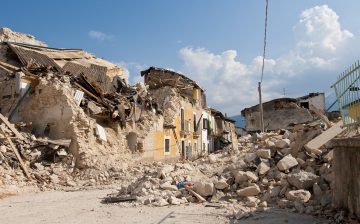
Before the Dust Settles: Earthquakes lead to Human Trafficking in Ecuador and Nepal
Natural disasters such as earthquakes create fertile ground for trafficking to occur. For children, to be separated from their families, unaccompanied, orphaned, or displaced, greatly increases their vulnerability to trafficking.

What Was In Your Chocolate This Easter?
Easter has come and gone, and the chocolate bunny was in its full glory. Every year, ninety million chocolate bunnies are produced to meet the Easter demand, generating (along with other Easter candies) over $2.26 billion. However, despite the ease with which these innocent bunnies bounce into our shopping carts, their origins may not be so innocent.

Presidential Elections and Human Trafficking: Positions and Actions
With the presidential elections heating up and the primaries taking center stage in the media, it is important to know where contenders stand on the issue of human trafficking.
Unaccompanied Migrant Children’s Vulnerability to Human Trafficking in the United States
Recent reports of unaccompanied migrant children arriving in the United States and being subjected to situations of human trafficking and exploitation have caught the attention of Congress and may spur reform. As previously reported in Human Trafficking Search, the influx of unaccompanied children arriving in 2014 and the recent increase in fall 2015 have given way to serious protection concerns in home countries and in the U.S.
Heart of the Matter: A Film about the Trafficking of Refugees in the European Union
In response to the refugee crisis in Europe, Worldwide Documentaries has conceived Heart of the Matter, a short film that will also serve as a companion piece to Not My Life, the universally acclaimed documentary on global human trafficking and child exploitation.
In the European Union (EU), the intense, daily preoccupation with the consequences of massive immigration has created an awareness gap with respect to the most dangerous consequence of all: human trafficking
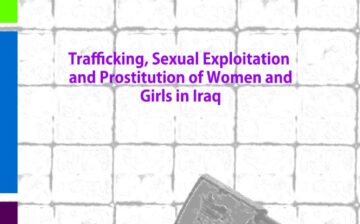
It is the New Year: Reflections and Projections
Happy New Year from everyone at Human Trafficking Search! As we bring in the New Year, we hope that you will join us in reflecting on this past year and looking forward to some fresh goals in the US for 2016.
This past year, Human Trafficking Search shared informative weekly blog posts on current events related to human trafficking and the anti-trafficking movement. Our posts covered a variety of topics, from speaking to children about trafficking to trafficking in specific countries, such as Brazil or Nepal. In recap, please enjoy reading some of our most popular posts from the year.
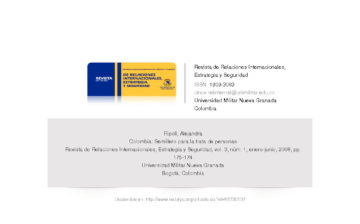
Rising Numbers of Unaccompanied Children Give Concern to Protection Mechanisms
Recently the number of unaccompanied migrant children from El Salvador, Guatemala, and Honduras arriving at the U.S. Southwest Border has again begun to increase. (A total of 5,622 children, mostly from Central America, were caught at the border with Mexico, more than double the number stopped in November 2014.)
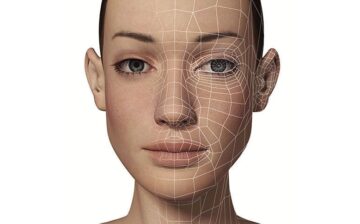
Taking a Turn for Technology
For a long time technology has been seen as a detriment to victims of trafficking. Whether through GPS tracking to determine a person’s location or by threatening to post photos that may stigmatize an individual on the internet, or through local sale platforms such as Backpage.com, traffickers have used technology to sabotage, manipulate, and maintain control over victims.
However, more recently, anti-trafficking activists have turned technology around, using big data and sophisticated algorithms to aid trafficked persons. We will focus on three recent breakthroughs that indicate the anti-trafficking movement’s turn for technology.
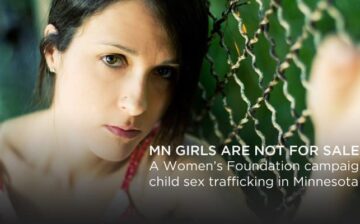
Minnesota’s Safe Harbor Laws- Effectively Assisting Commercial Exploited Youth?
Recently, Minnesota issued a report evaluating the effectiveness of the state’s safe harbor legislation and its ability to provide services to sexually exploited youth within the state. As recently discussed in Human Trafficking Search, safe harbor laws are considered model legal frameworks for state legislatures to include in state anti-trafficking laws. Minnesota has been a leader in implementing safe harbor legislation, in part due to the support of certain Senate and House leaders, namely Senator Amy Klobuchar and U.S. Representative Paulsen.
